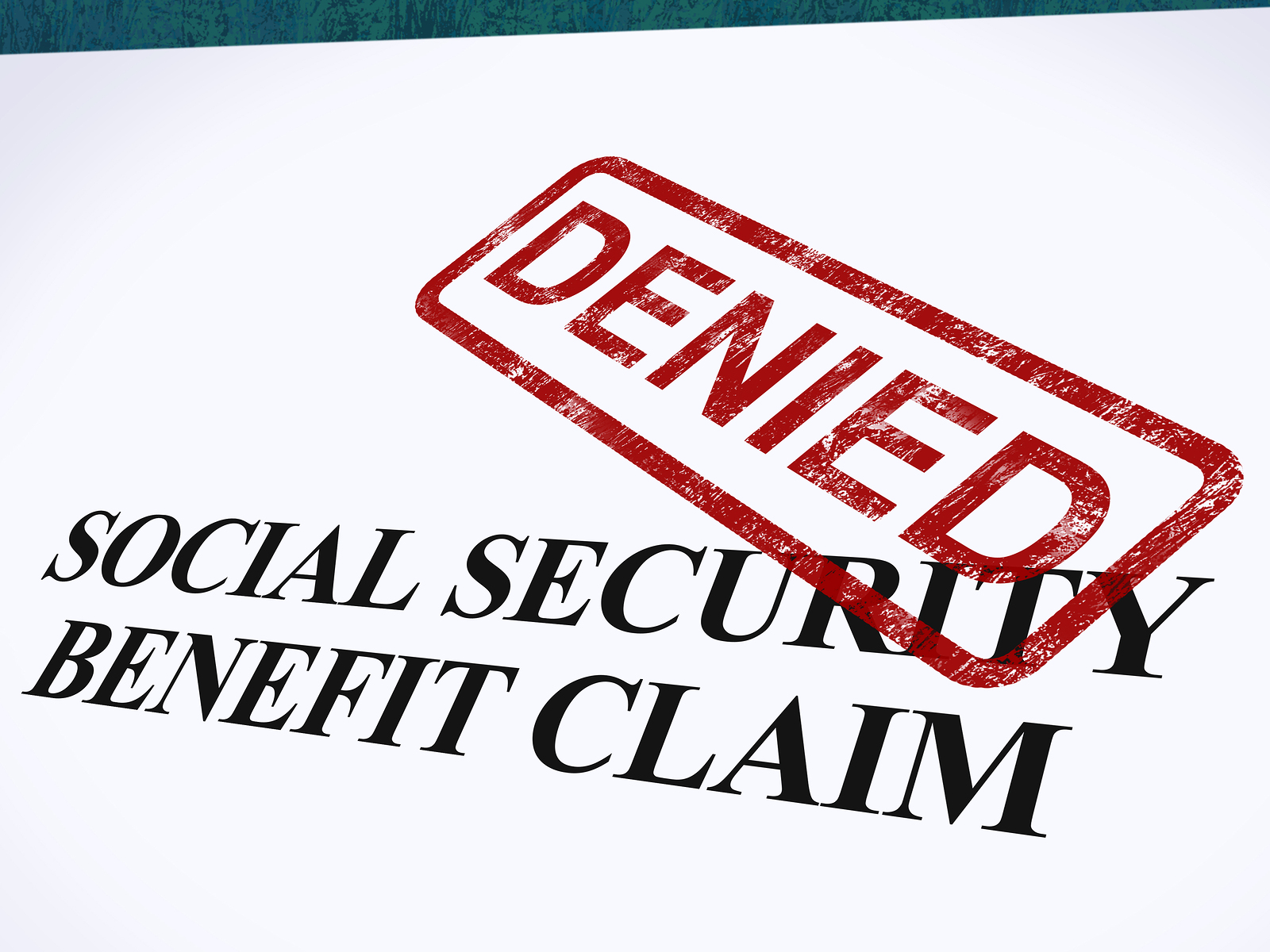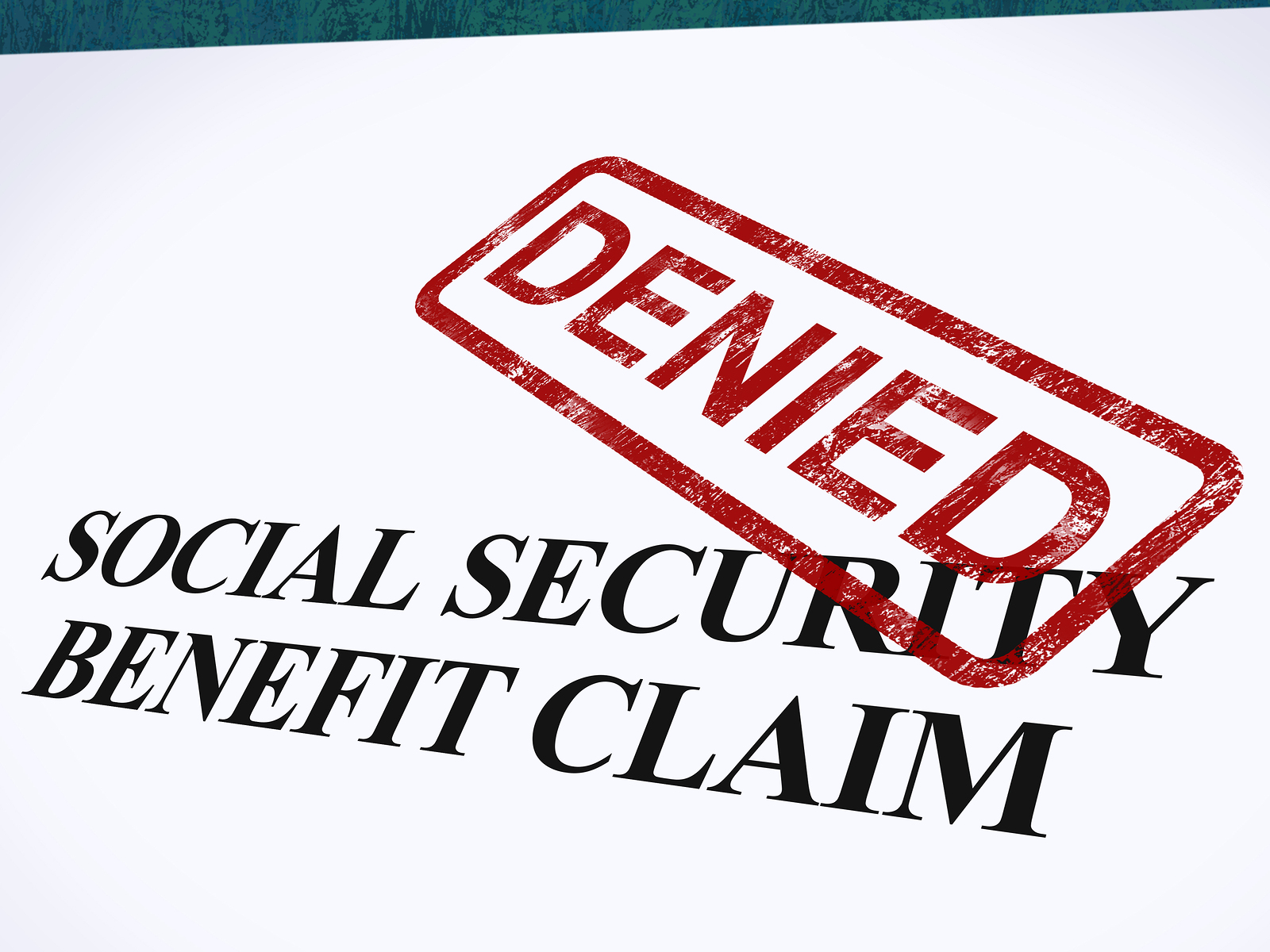What Happens to Your Home if Pennsylvania’s Homestead Exemption is Too Low?
If you file for bankruptcy in Pennsylvania, you may be able to claim a homestead exemption to protect some of the equity in your home. However, there is no homestead exemption under Pennsylvania law. Instead, you must claim federal bankruptcy exemptions to get the federal homestead exemption. If this exemption is insufficient, your attorney may help you determine other ways to protect your assets.
Homestead exemptions may help you protect some of the equity in your home from the bankruptcy process. Unfortunately, these exemptions often do not protect all your equity, and some bankruptcy petitioners might find the homestead exemption insufficient. If this is the case, you may consider whether your home is protected under tenancy by the entirety protections. Alternatively, filing under Chapter 13 bankruptcy may help you retain your home and avoid liquidation entirely.
Get a free, private case review from our Berks County, PA bankruptcy lawyers by calling Young, Marr, Mallis & Associates at (215) 701-6519.
Does Pennsylvania Have a Homestead Exemption?
When filing for bankruptcy, there may be numerous exemptions that allow you to protect certain assets or properties from creditors. There may be different exemptions offered by the State of Pennsylvania and the federal government. While a homestead exemption may help you protect some of the equity in your home, this exemption only exists in the federal list of exemptions.
Since Pennsylvania law doesn’t have a homestead exemption, your only option is to claim federal exemptions. When you do this, you have to take the rest of the federal exemptions, too; you cannot use some state and some federal.
If you claim the federal homestead exemption, you are limited on how much equity in your home you can shield from creditors.
Limits to the Homestead Exemption
The federal homestead exemption under 11 U.S.C. § 522(d)(1), you may exclude up to $31,575 of the equity in your home if you file for bankruptcy on your own. If you file jointly with your spouse, the exemption limit doubles.
However, if your equity in the home exceeds the exemption, you may lose money through liquidation. In that case, it may be better to protect your home with your spouse by claiming tenancy by the entirety protections. This usually means only one of you can file for bankruptcy.
If the home is protected under tenancy by the entirety protections, the spouse who did not file for bankruptcy can sell it and use the proceeds to pay your creditors. As long as you have not yet entered bankruptcy proceedings, you can sell your home on your own to avoid having it liquidated.
What Happens if the Homestead Exemption is Too Low?
If the homestead exemption is too low to shield your home from bankruptcy completely, creditors may force the sale of your house. While the homestead exemption may help you protect some of the equity in your home, it might not protect all of it. This means that when the home is sold, you may only receive the amount allowed by the exemption, and creditors will take the rest.
Options Other Than the Homestead Exemption to Protect Your House in Pennsylvania
If the exemption limits are too low for you, talk to our Philadelphia bankruptcy lawyers about other ways you may protect your home during bankruptcy. It is possible that other legal options may help you completely shield your home from creditors.
Tenancy By the Entireties Exception
If you are married, and your spouse owns your home with you, you may be considered tenants by the entirety. This means you each own 100% of the house, rather than splitting ownership 50/50. In that case, creditors cannot force the sale of the home if you file for bankruptcy independently from your spouse. Since your spouse also owns 100% of the house, and they did not file for bankruptcy, the house cannot be seized and sold.
Use Chapter 13 Instead of Chapter 7
Since liquidation only occurs under Chapter 7, and exemptions are only needed under that chapter, another option to protect your home is to file for Chapter 13 bankruptcy. Under this chapter, your assets and properties are not liquidated and sold to pay your debts. Instead, you devise an aggressive (yet feasible) payment plan to catch up on your missed payments. No assets would be sold off, and you might be able to keep your home.
How Your Marriage Affects the Homestead Bankruptcy Exemption
Under federal law, a person filing for bankruptcy may protect up to $31,575 in their home’s equity during the bankruptcy process. If you are filing for bankruptcy jointly with your spouse, this limit is doubled.
Since each spouse claims the full federal homestead exemption, you can each protect $31,575 of equity in your home for a total of $63,150.
Are There Other Exemptions I Can Use to Protect My House from Bankruptcy?
While other exemptions exist, they might not necessarily be designed specifically for your house or other real property. For example, you may claim exemption for various items of personal property, your vehicle, retirement accounts, and other assets. However, there is usually only one homestead exemption.
How an Attorney Can Help You with Homestead Exemptions During Bankruptcy
If the homestead exemption is not enough to help you, talk to your attorney. They may help you evaluate other legal options.
One possibility is that your attorney may negotiate with your creditors to hold off on seizing your house. In some cases, creditors may be persuaded to avoid taking adverse legal action against bankruptcy petitioners in exchange for at least a portion of the debt owed and proof that you can keep up with a payment plan going forward.
If retaining your house is just not possible, you may consider selling your house before entering bankruptcy. This might help you net a larger profit from the sale and pay your debts without worrying about assets being seized and liquidated.
Contact Our Pennsylvania Bankruptcy Lawyers About Protecting Your Home
Get a free, private case review from our West Philadelphia, PA bankruptcy lawyers by calling Young, Marr, Mallis & Associates at (215) 701-6519.






























